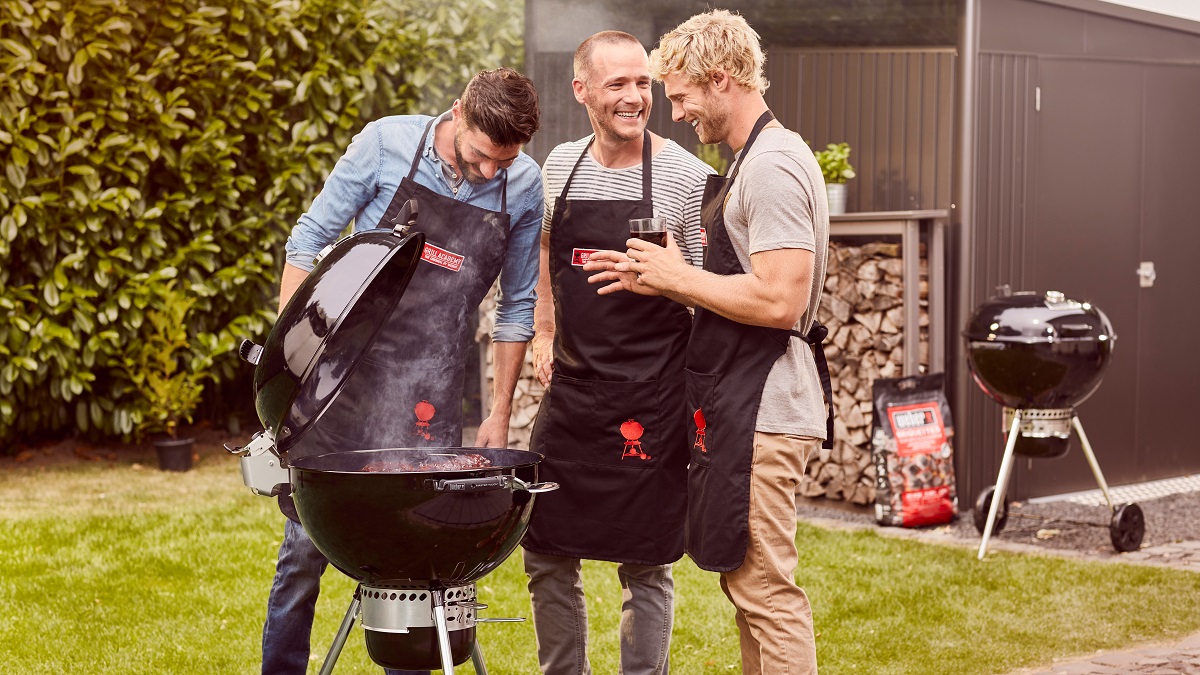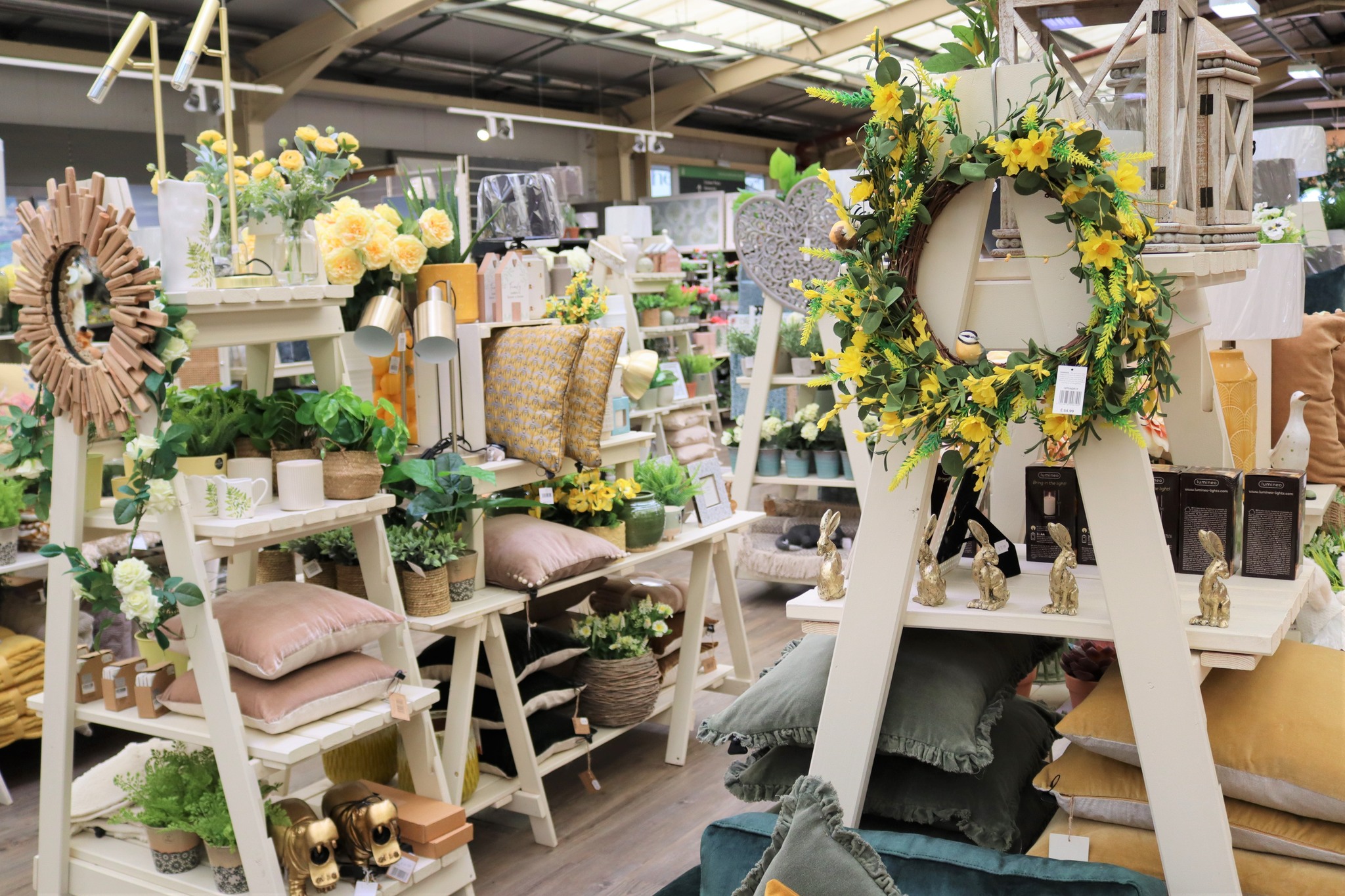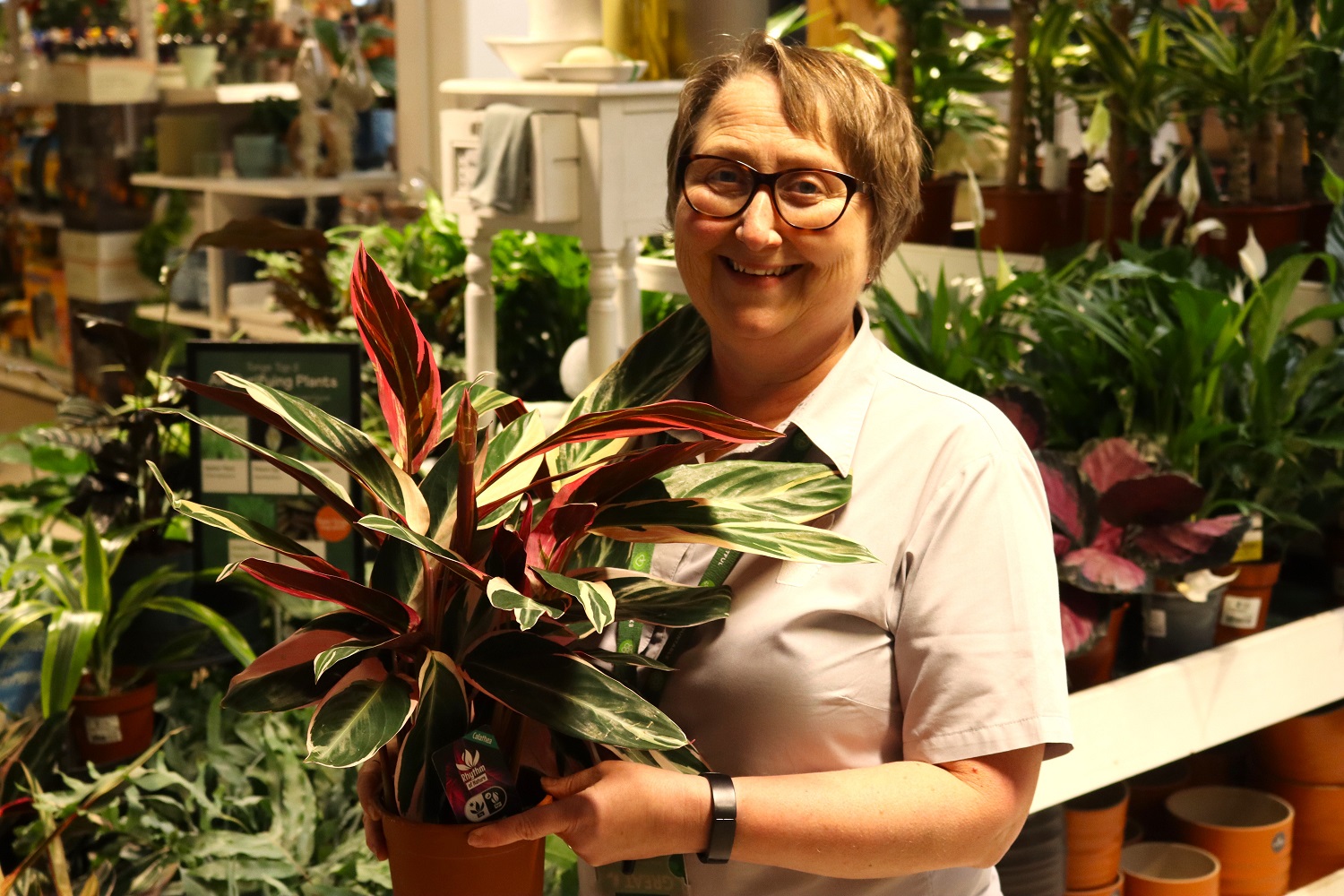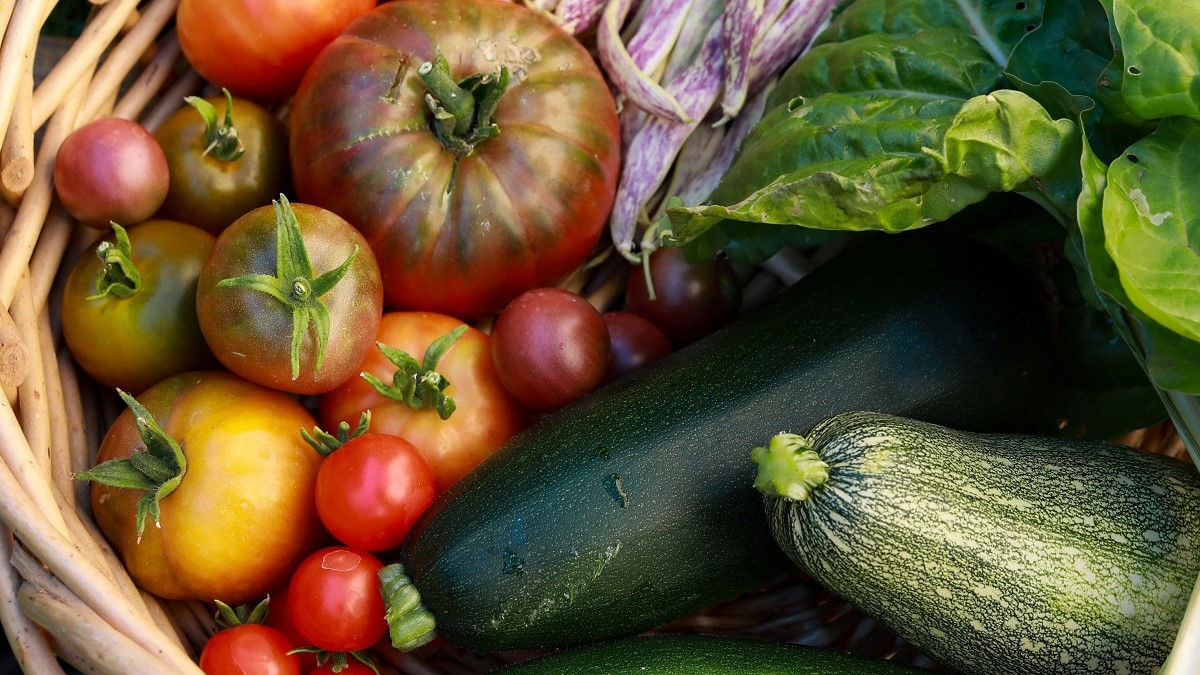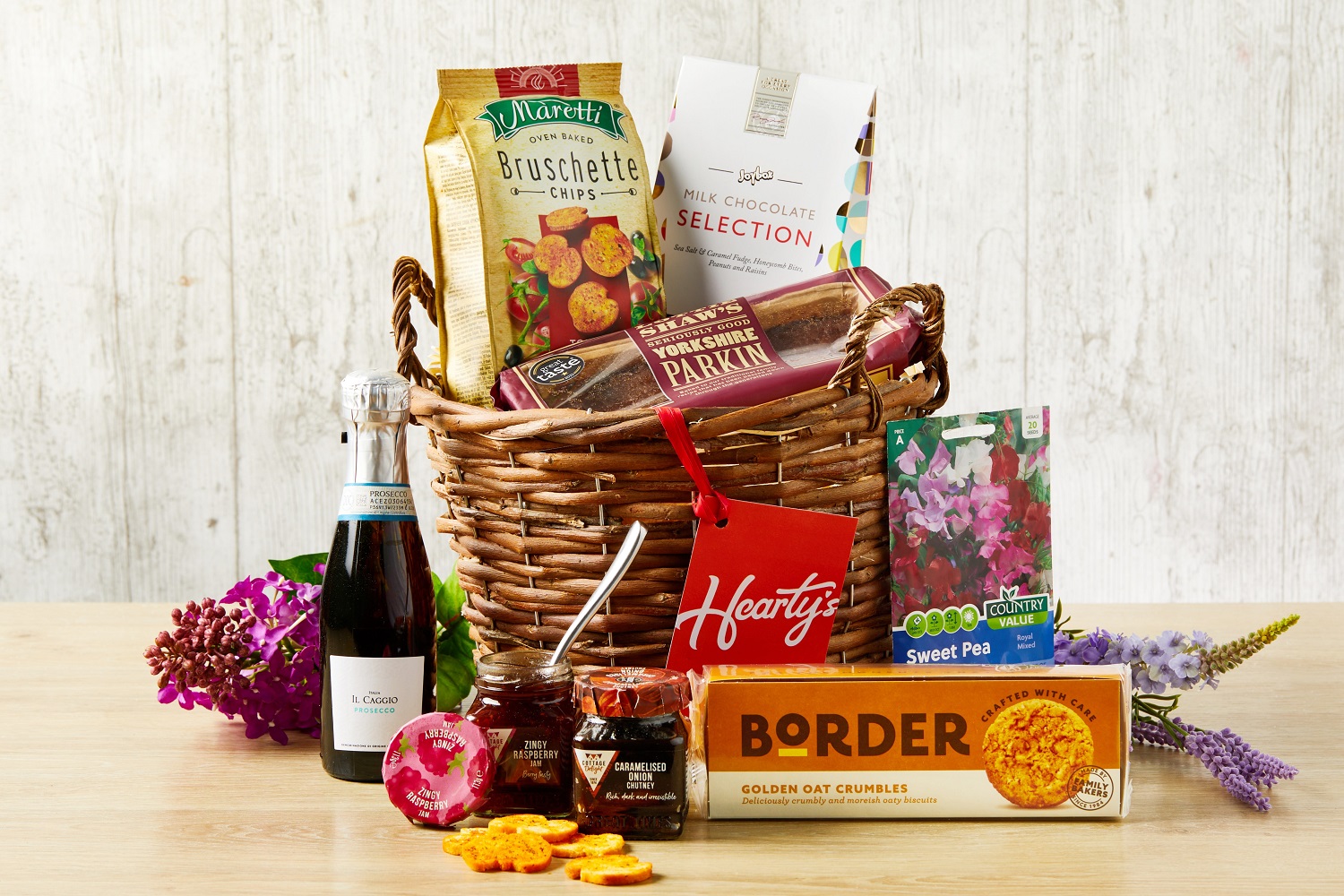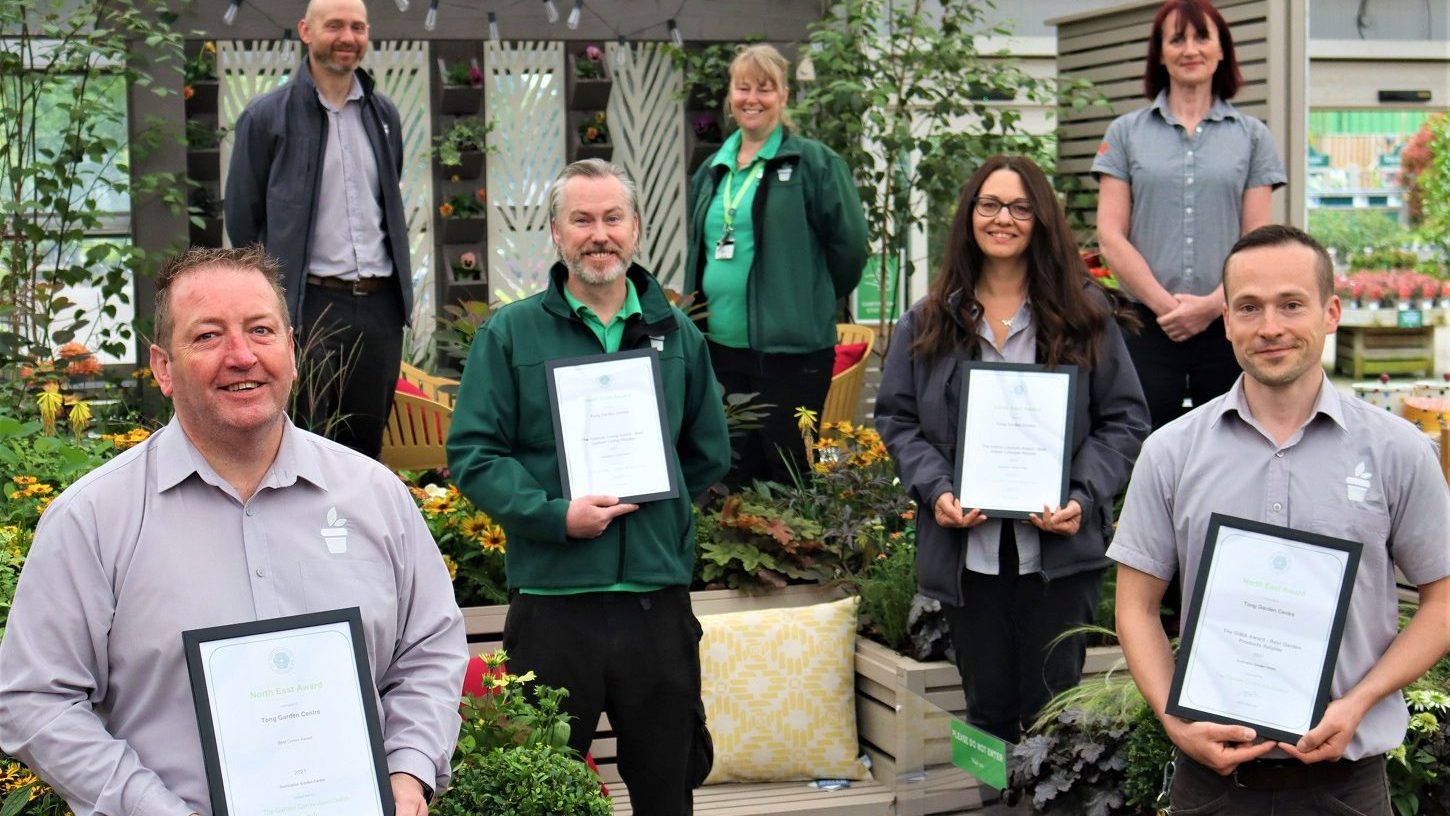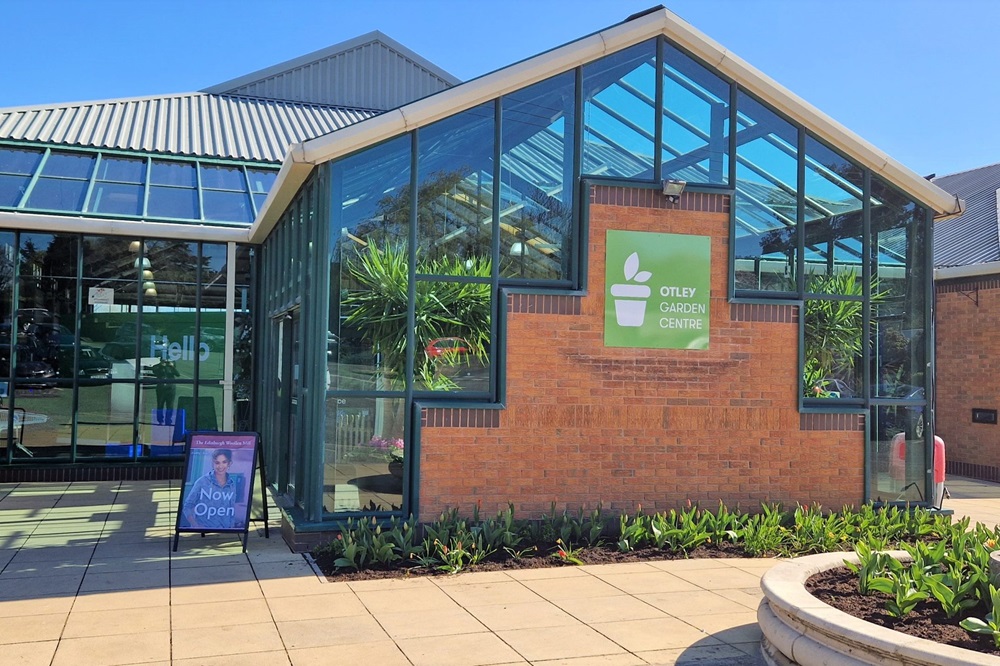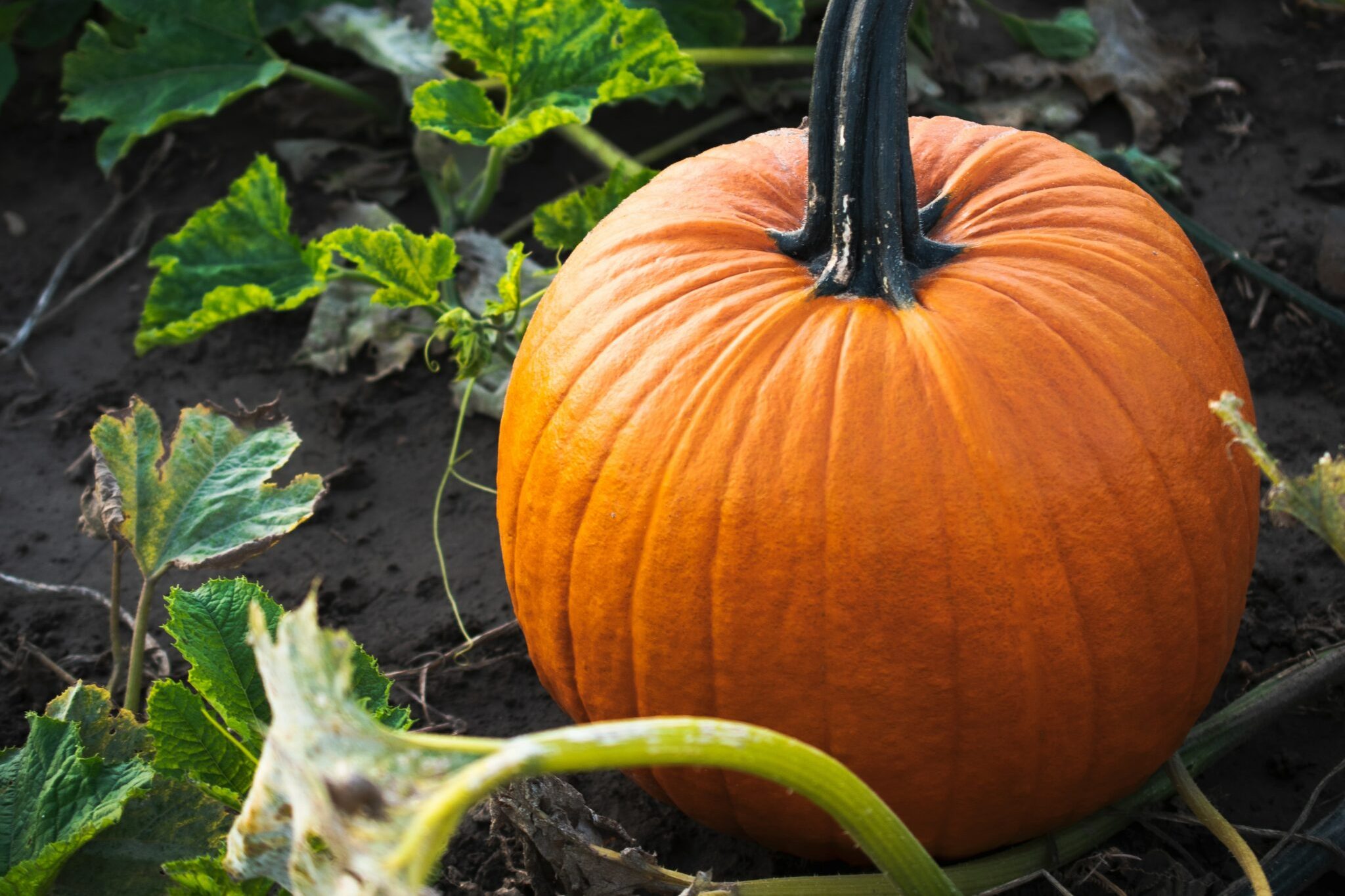
companion planting Guide
Get the most out of your crops this summer with companion planting! This method of planting can help aid pollination on your plot as well as acting as a natural deterrent for pests and predators. In the veggie patch, companion planting is all about attracting beneficial insects and making the most out of the growing season by planting beneficial crops together.
Follow our guide to companion planting below and reap the rewards of a naturally pest free harvest this summer!
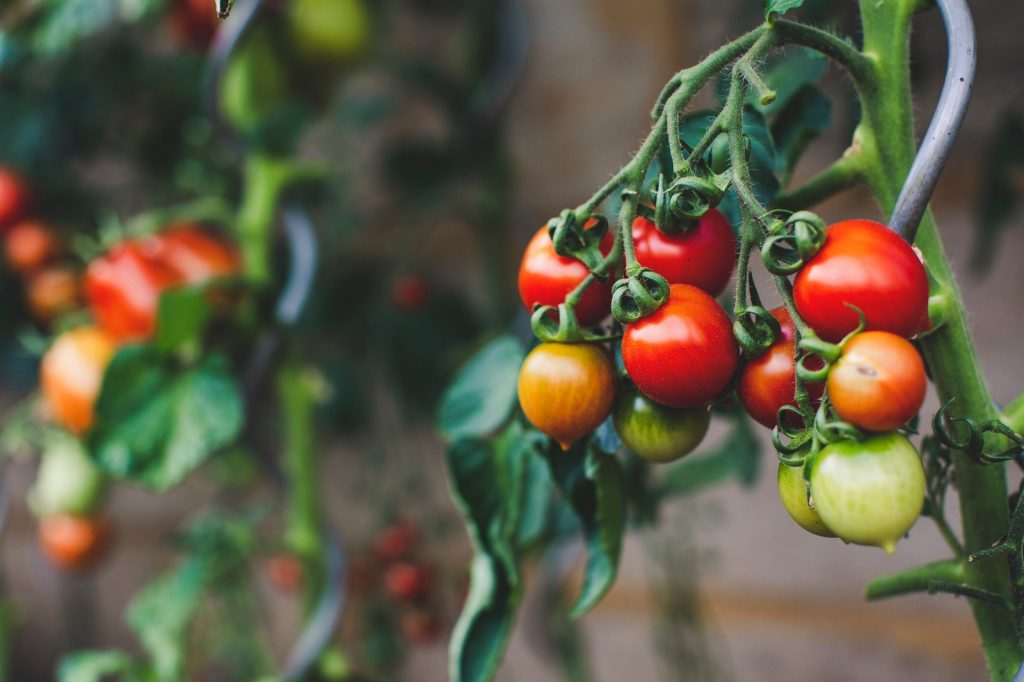
Marigolds + tomatoes
Though beautiful, the strong scent of French Marigolds is said to deter whitefly from your tomatoes. Possibly the most well known combination when it comes to companion planting – some would call it a match made in heaven!
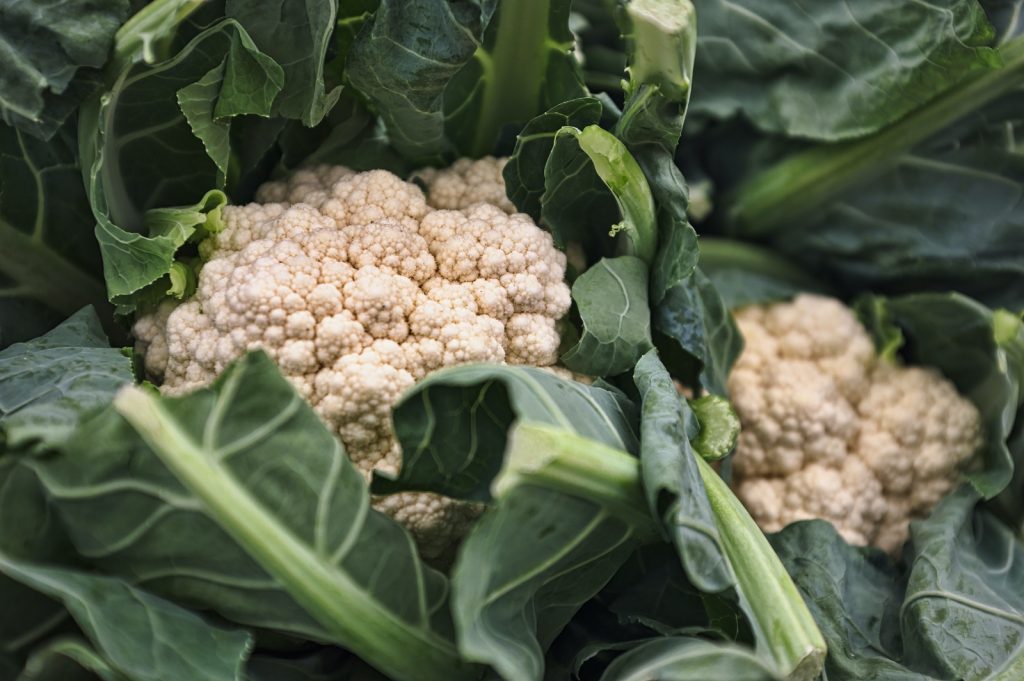
Cauliflower + nasturtiums
Often used as a sacrificial crop, nasturtiums are ideal for enticing aphids, flea beetle and whiteflies that will otherwise enjoy feasting on your precious growing veggies! Attracting pests to your nasturtiums is a small price to pay if you want your veggies to remain untouched. Not only that, but the creeping habits of the nasturtium means it will help keep weeds at bay – it’s a winning combination!
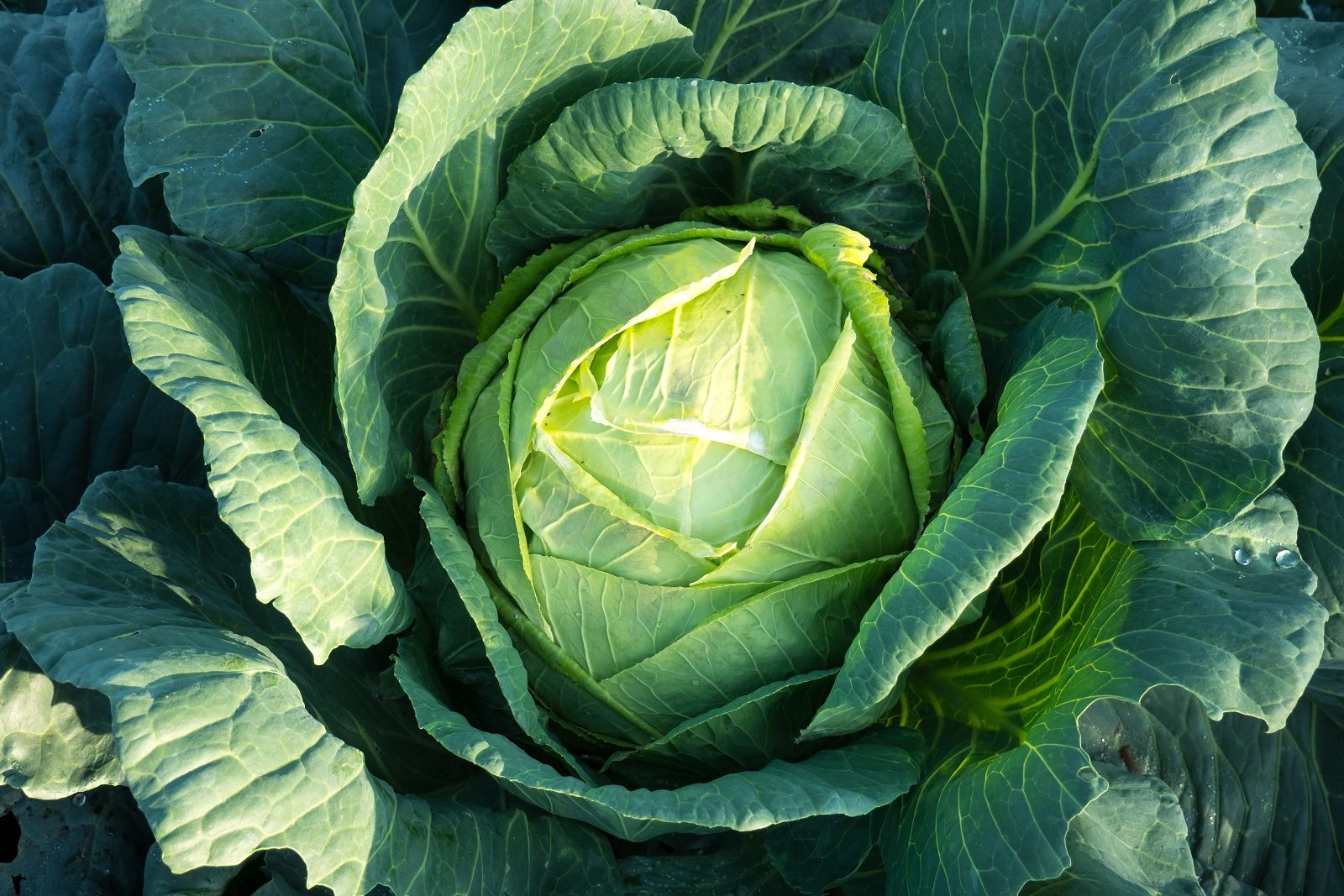
Cabbage + Mint
Mint is a fantastic companion plant to the Brassica family as its sharp scent deters white cabbage moth and flea beetles from chewing through their leaves. To avoid overcrowding, we recommend cutting back your mint every few months to ensure it doesn’t compete for space with it’s companions.
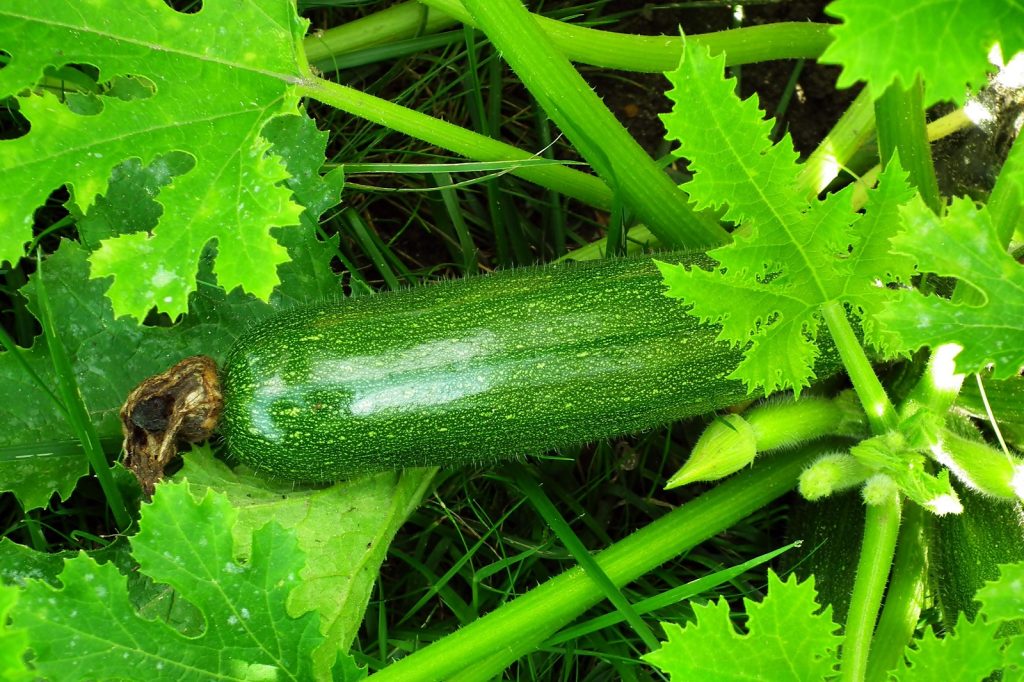
courgette + Calendula
Calendula is a well sought after pollination station to bees and other pollinators alike. Planting calendulas next to your courgette crop will help them stand out to bees looking for their next snack which will in turn help pollinate your plant and provide a better yield!
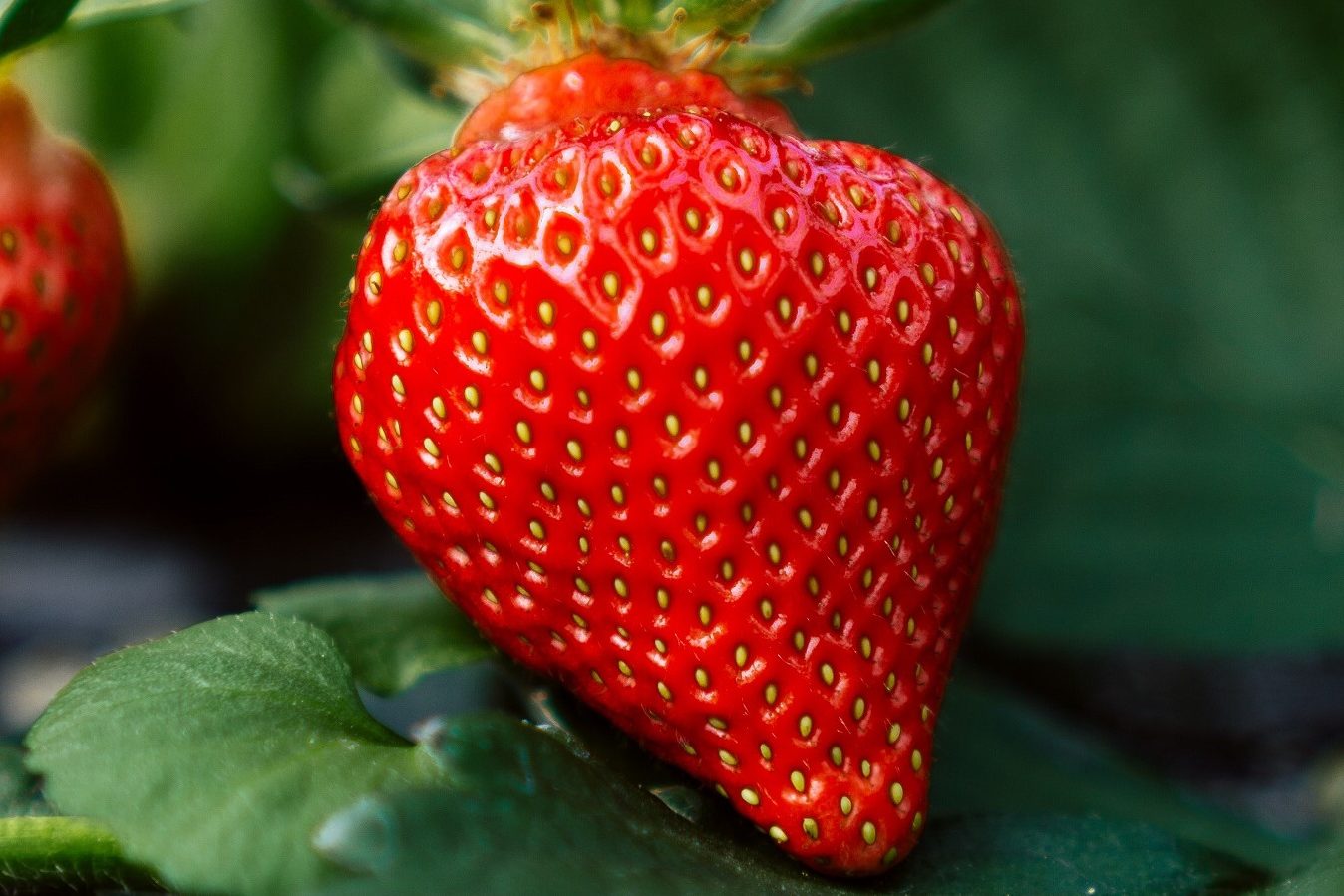
Strawberry + Lettuce
A Lettuce plant can act as a shady spot for your ripe and juicy Strawberries, keeping them out of sight from birds and other cheeky pests who might enjoy feasting on them! Plus, since they both grow at a similar rate, you can harvest them at the same time! Did somebody say strawberry salad?
Try Something New!
Three sisters planting is the method of planting Pumpkins, Beans and Sweetcorn in the same space! This was a happy accident discovered over one hundred years ago in America whereby instead of competing for the best light, space and nutrients like most vegetables, these crops share the space and help each other grow!
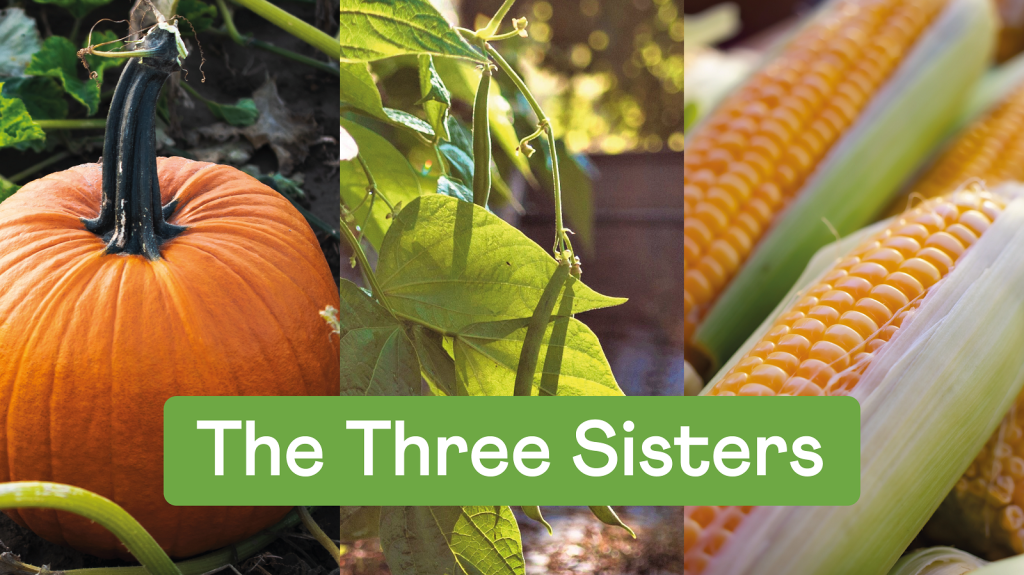
Sweetcorn crops provide tall stalks for the Beans to climb and cling to.
Beans give back to your garden by adding nitrogen to the soil. helping fertilise crops that grow nearby.
The large leaves from the Pumpkin crop help shade the ground keeping the roots of the Sweetcorn cool and helping to retain moisture.


